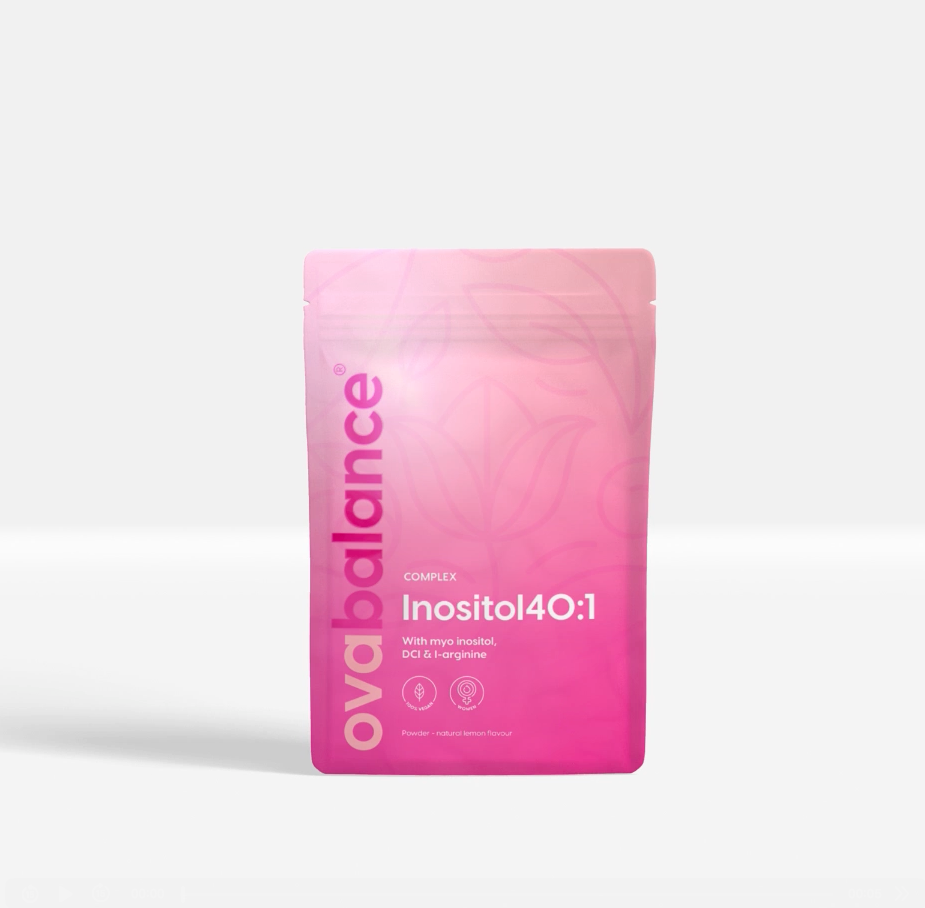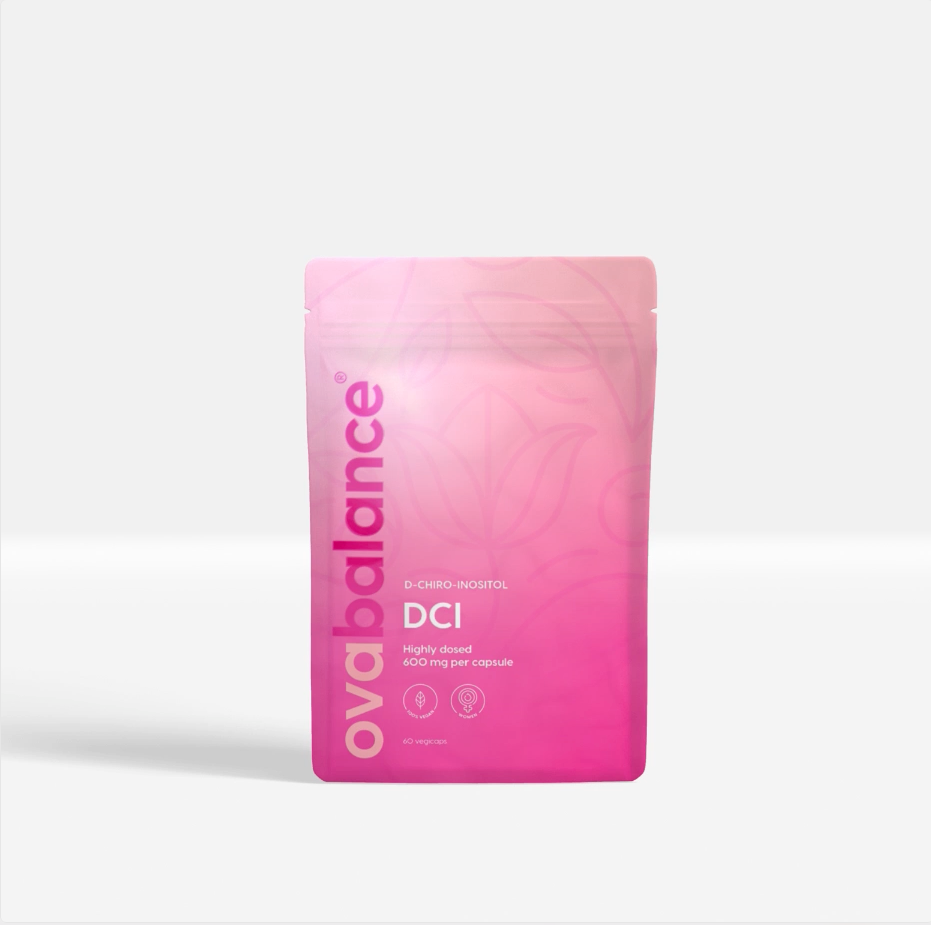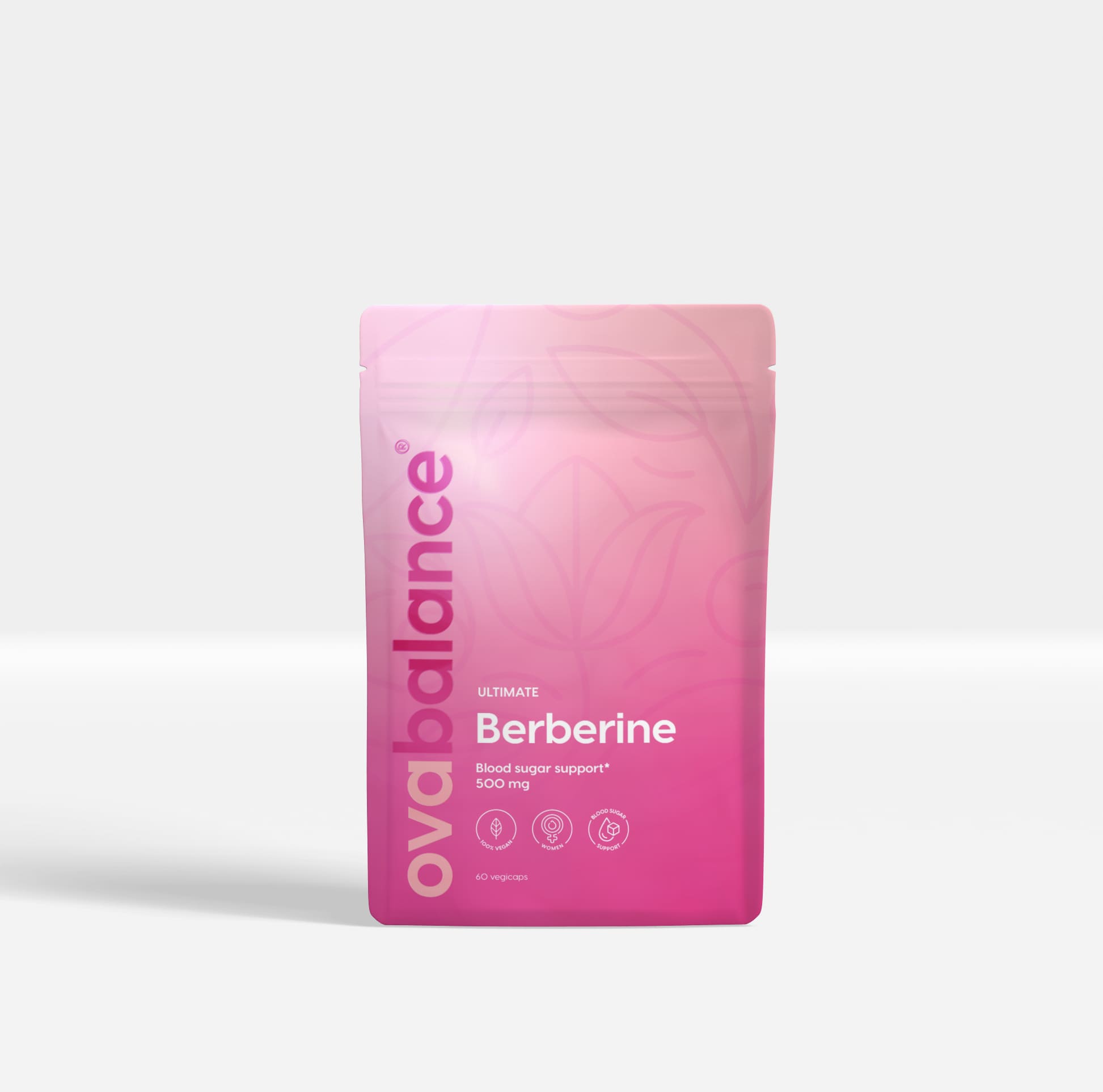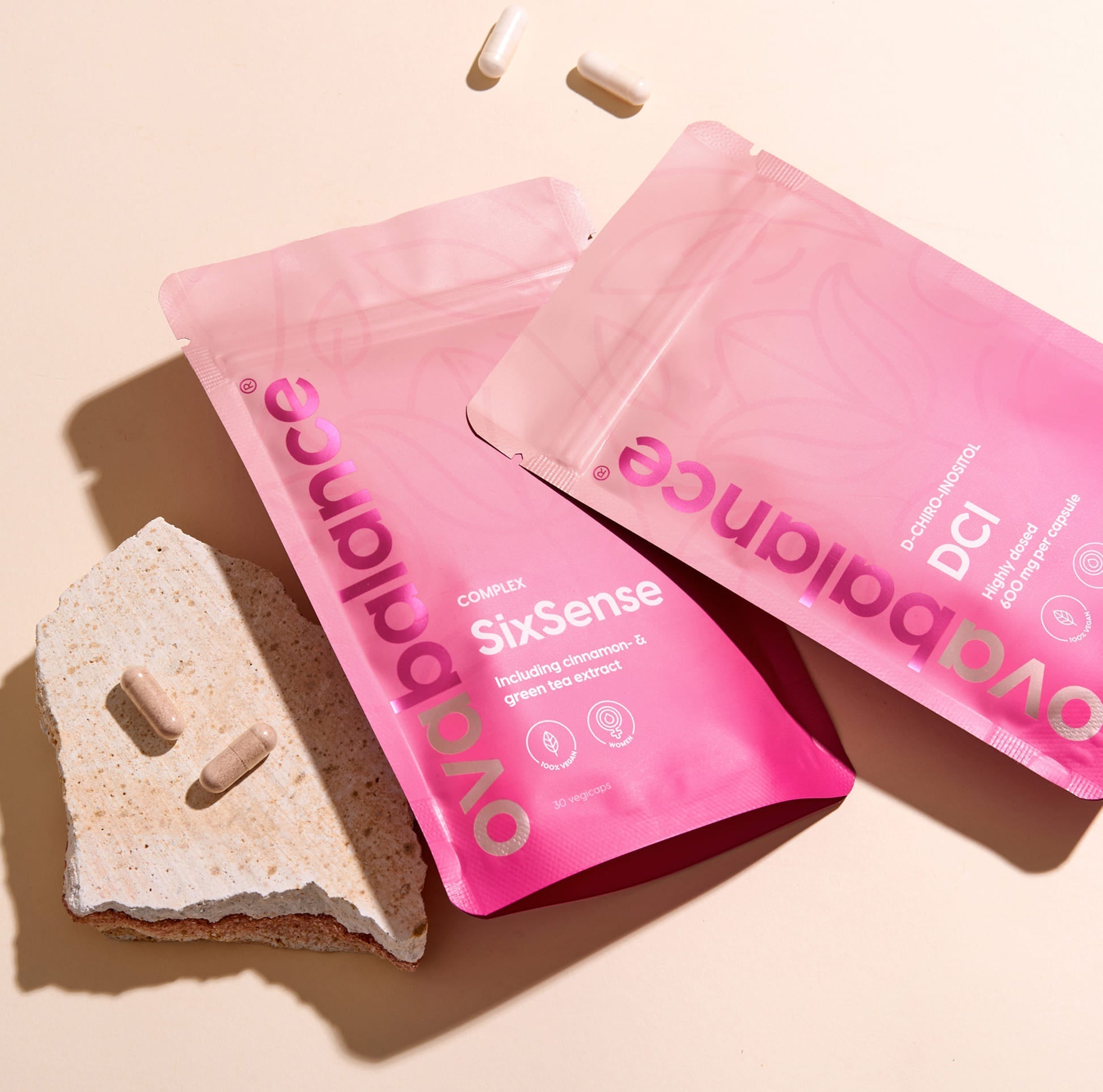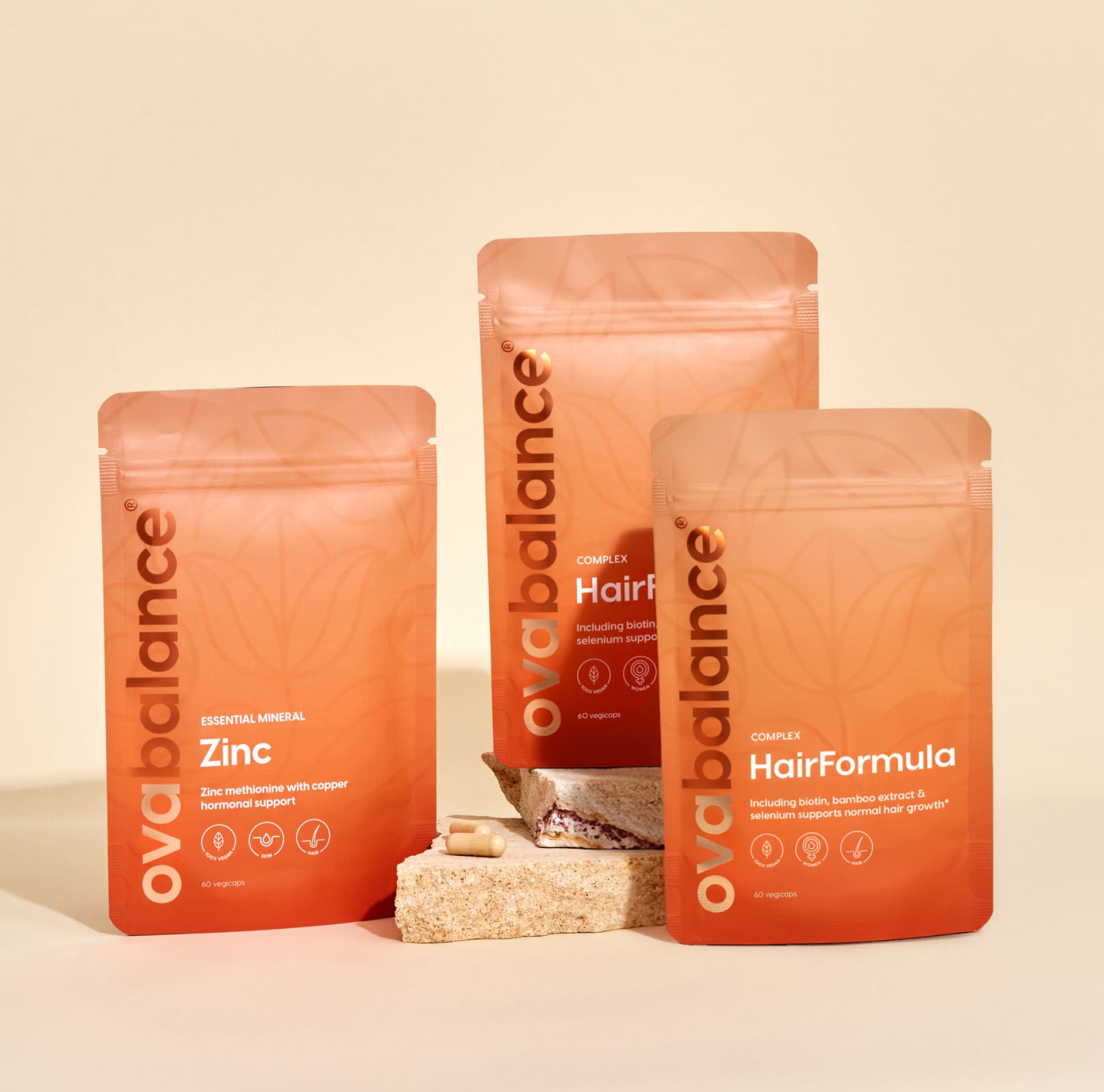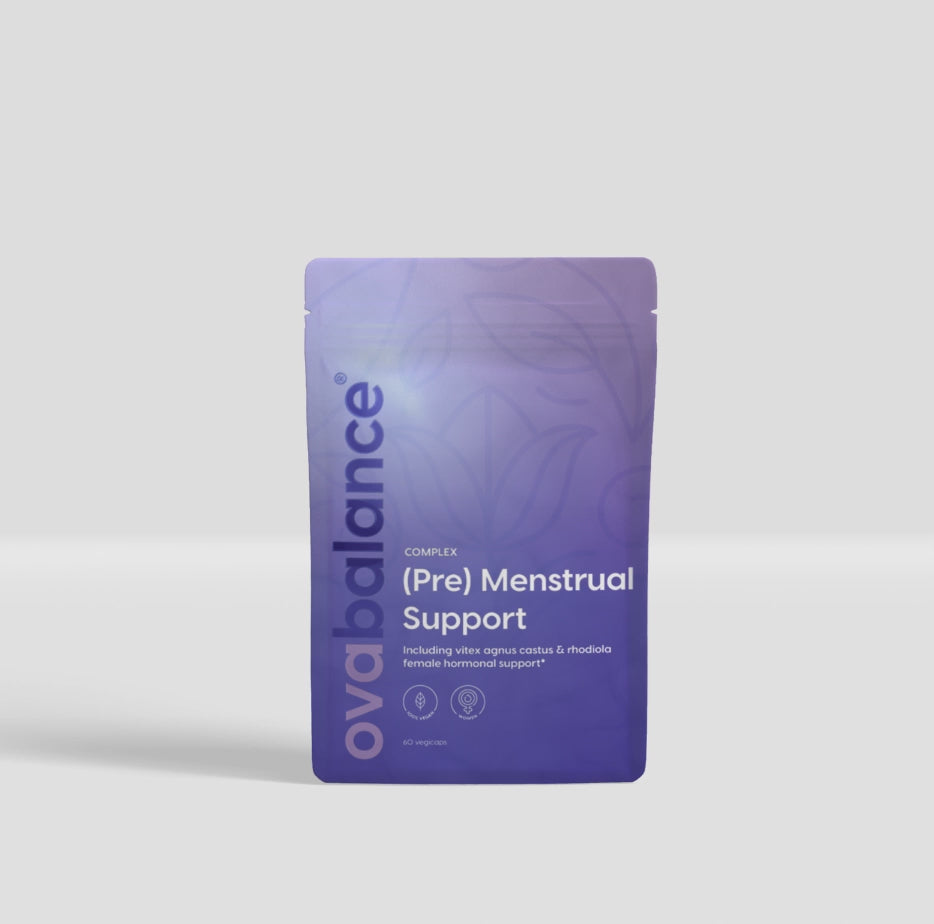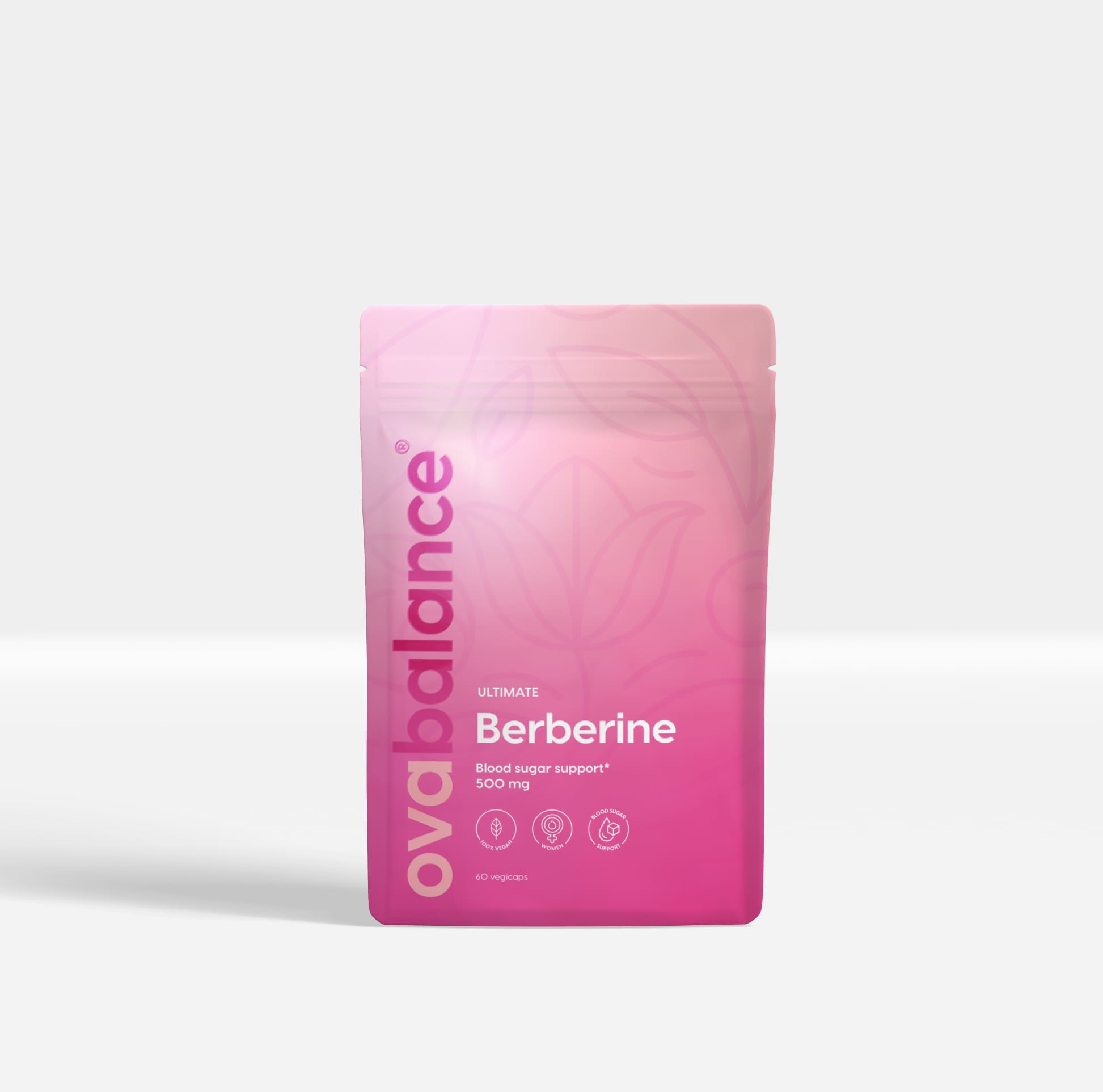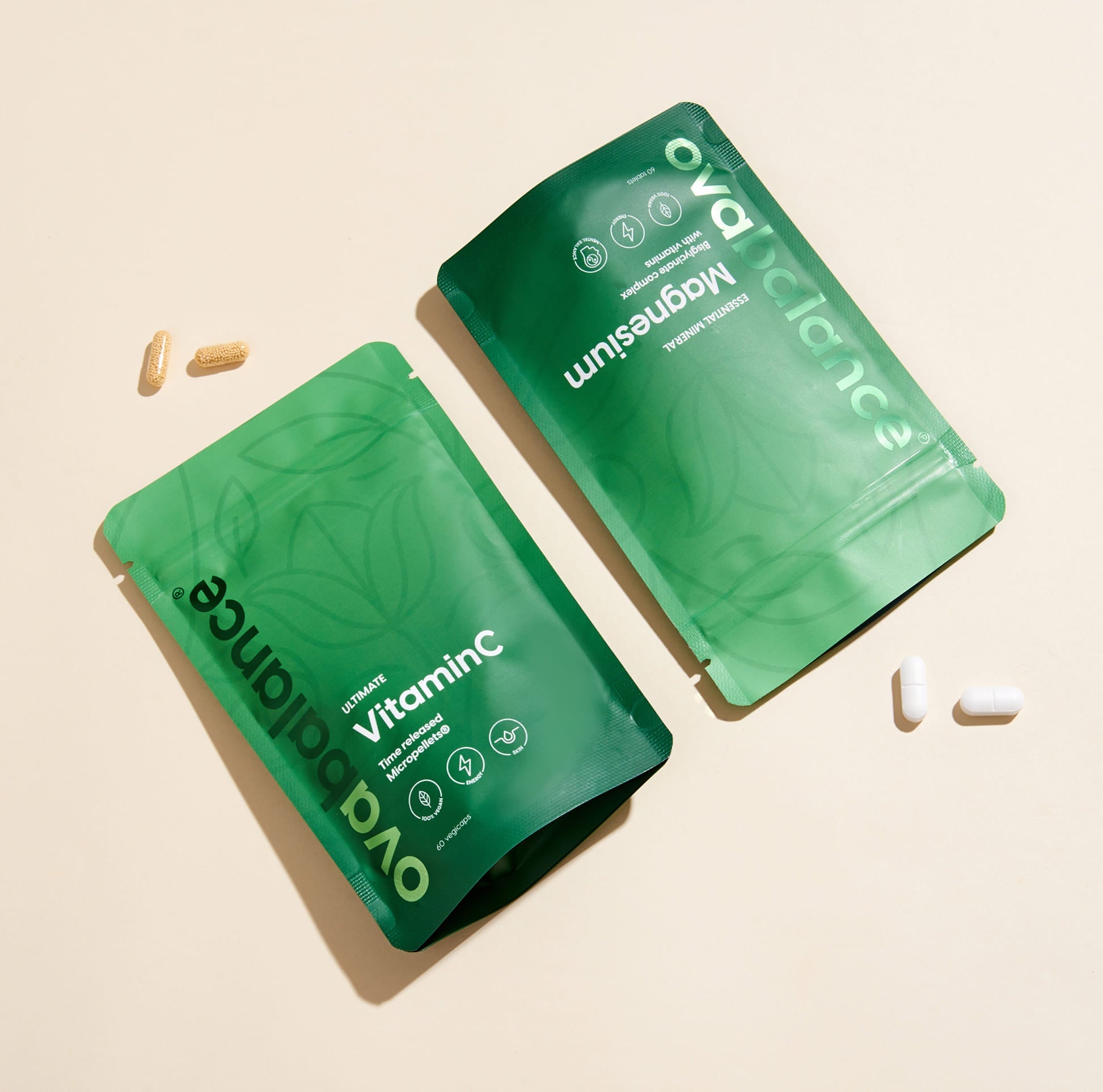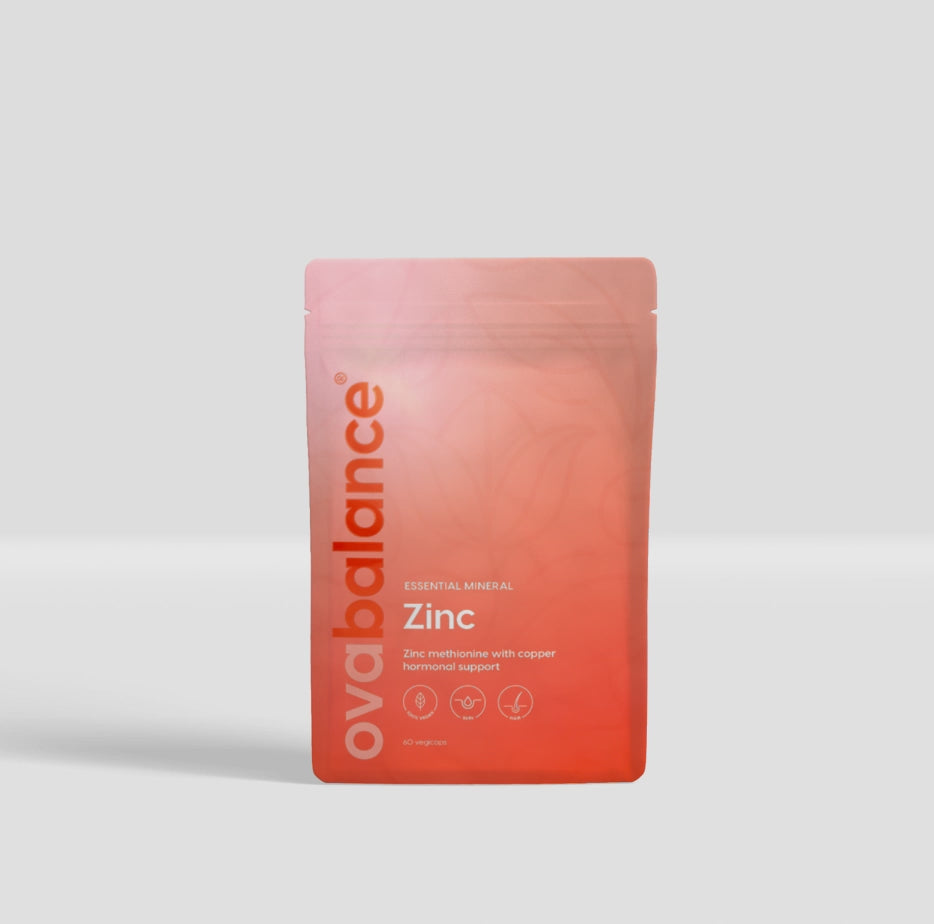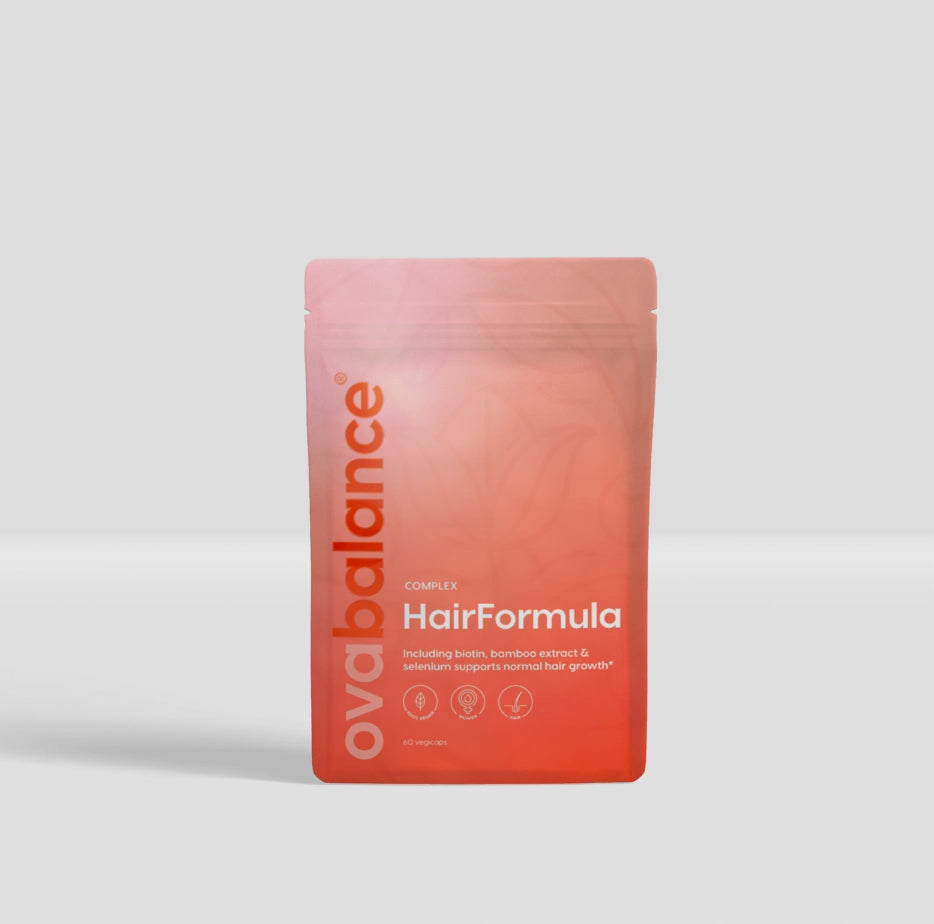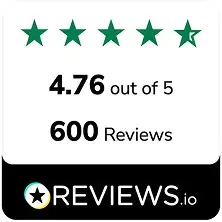

Omega 3, isn't that the fatty acid from fish oil? Did you know that you can also use omega 3 oil if you eat vegetarian or when you are vegan? Omega 3 fatty acids are also available, from algae oil. Read all about the benefits of Omega 3 algae oil here.
Contents
What is the difference between vegan omega 3 and fish oil?
Vegan omega 3 comes from algae oil. Just like fish oil, this contains a lot of omega 3. But fish oil, as the name suggests, comes from fish.
Omega 3 oil has several beneficial effects on your health. But not everyone eats fish, which is one of the most important sources of this healthy unsaturated fat. That is why many people like to use an omega 3 supplement to supplement their healthy diet. It is great that this can now also be done plant-based.
Fish also get omega 3 from algae. So why shouldn't we get it from the source too? It's completely plant-based and also a lot more sustainable.
Algal oil is a plant-based alternative to fish oil and is extracted from algae. The advantage of algal oil is that it is a direct source of DHA, because algae produce DHA themselves. This makes it a good option for vegans and vegetarians who do not consume fish or animal products.
Benefits of Algal Oil for Humans:
Rich in Omega-3 Fatty Acids: Algal oil is an excellent source of omega-3 fatty acids.
Suitable for Vegans and Vegetarians: Algal oil is a plant-based source of omega-3 fatty acids, making it a great alternative to fish oil. Vegans and vegetarians can benefit from algal oil as a sustainable and animal-friendly option.
No Contaminants: Unlike fish oil, algae oil is free of contaminants such as heavy metals, PCBs, and dioxins, which can often be found in fish. This makes algae oil a safer choice.
Benefits of Algal Oil for Animals:
Conservation of fish populations: Because algae oil is produced directly from algae, there is no need to catch fish as a source of omega-3 fatty acids. This helps to conserve fish populations and prevent overfishing.
Prevents bioaccumulation of toxins: Fish can build up toxins in their bodies from contaminants in the water, while algae are less susceptible to this accumulation. Using algae oil reduces exposure to potentially harmful substances.
Benefits of Algal Oil for the Environment:
Sustainable Source: Algal oil can be produced on a large scale in controlled environments, such as photobioreactors. It does not require excessive use of land, freshwater, or pesticides, making it a sustainable source of omega-3 fatty acids.
Reduces pressure on the oceans: The fishing industry puts enormous pressure on the oceans and fish populations. Using algae oil instead of fish oil reduces the demand for fish as a source of omega-3 fatty acids, thereby reducing pressure on the oceans.
Reduces CO2 Emissions: Algae have the ability to absorb large amounts of CO2 from the atmosphere during the photosynthesis process. Growing algae for oil production can therefore help reduce net CO2 emissions, making it a more environmentally friendly option compared to traditional fish oil production.
What are the health benefits of omega 3?
DHA - Omega 3 has a number of beneficial effects on health. This applies to everyone, but also to pregnant women and the unborn child. Some health benefits of DHA Omega 3 are:
DHA is good for the brain*;
DHA is good for eyesight*;
When a pregnant woman takes DHA, it is good for the development of the brain function of the unborn baby and of babies who are breastfed**;
When a pregnant woman takes DHA, it contributes to the normal development of the eyes of the unborn baby and of breastfed babies**;
DHA contributes to the maintenance of normal blood fat levels***.
* Beneficial effect is obtained with a daily intake of 250 mg DHA
**From a daily intake of 200 mg DHA in addition to the daily recommended intake for Omega 3 fatty acids for adults (250 mg DHA and EPA).
*** With a daily intake of 2 g DHA
In short, do you have a pregnancy wish or are you pregnant or breastfeeding? Then it is good to make sure that you get enough omega 3 fatty acids in your diet. A supplement can be a nice addition to this.
Why take omega 3?
Eating enough fish, not everyone does that. You don't even have to eat vegan or vegetarian for that. There are also many people who don't like fish or who simply don't eat enough of it. And through food, fish is one of the most important sources of omega 3 fatty acids.
When to take omega 3?
The Health Council advises that all adults should consume 200 milligrams of omega-3 fatty acids from fish per day to obtain sufficient EPA and DHA (Omega-3 fatty acids). Do you think you do not consume enough fish? Or do you follow a vegetarian or vegan diet? Then an omega-3 supplement may be a good idea to supplement your healthy diet.
Recognizing Omega 3 Deficiency
Do you feel like you have less concentration, or is your vision less sharp? Is your skin becoming more impure or are you perhaps suffering from disturbed sleep? These are all discomforts that can be related to too low an intake of omega-3 fatty acids through food. A somewhat less good mood is also such a symptom. Note: these symptoms can also be related to other complaints.
What foods contain omega 3?
There are different types of omega-3 fatty acids. ALA is found in vegetable oils such as linseed oil, rapeseed oil and soybean oil for example. DHA and EPA are mainly found in fish and shellfish. And then mainly in the fatty fish species, such as salmon, mackerel, herring, sardines and trout.
Your body can also produce EPA and DHA from ALA, but this only happens in very small quantities.
Omega 3 supplements
Ovabalance Omega 3 algae oil is a completely plant-based source of DHA Omega 3 fatty acids. This Omega 3 algae oil is 100% natural and 100% vegan, so it is also suitable if you do not eat fish, are vegetarian or vegan. The supplement contains 0% chemicals and no toxic substances. Unlike fish oil supplements, it does not give you an unpleasant fishy taste. Read all about Ovabalance Omega 3 algae oil here >>

